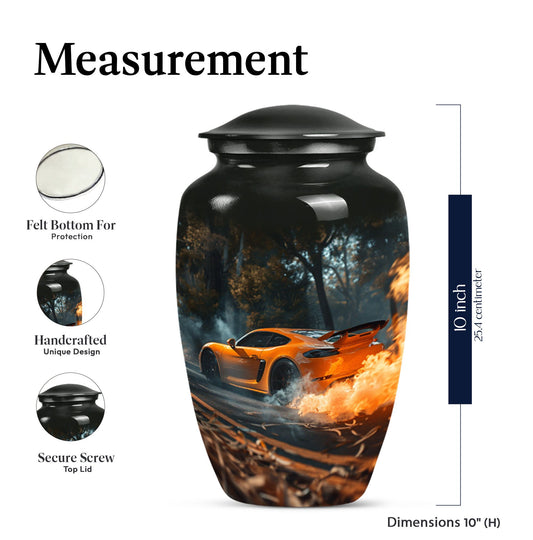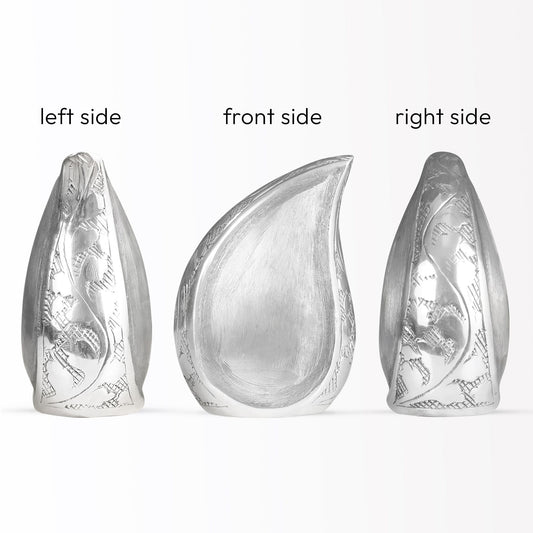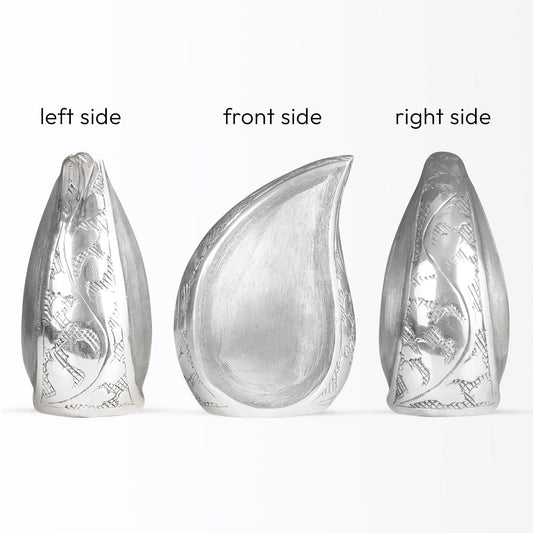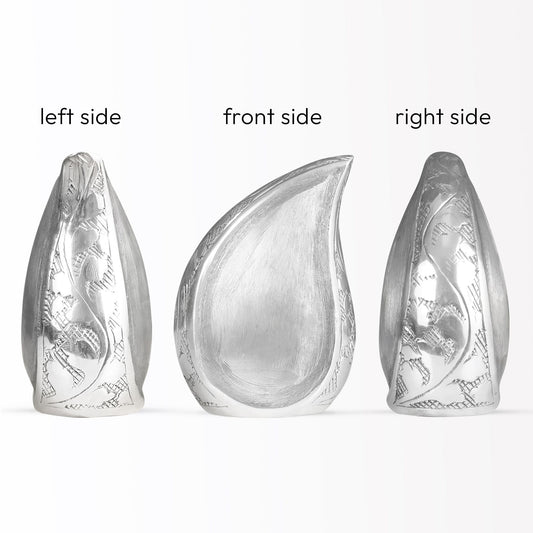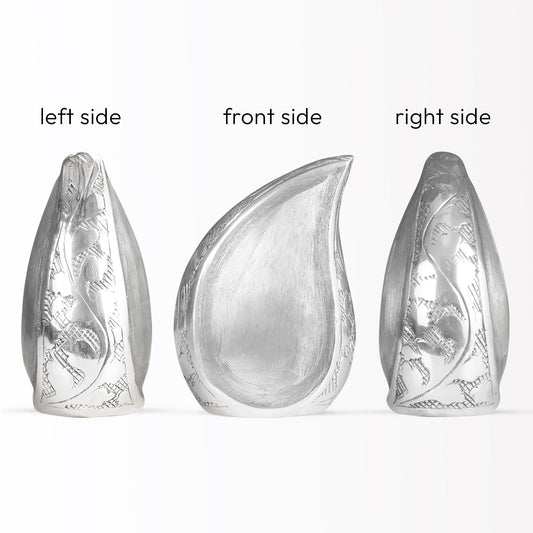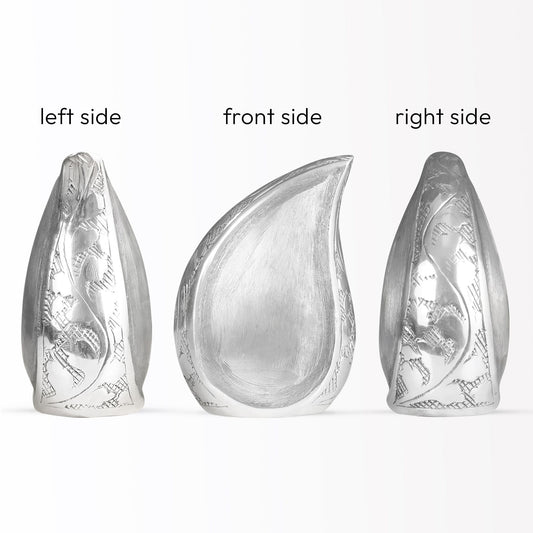Popular Urns
Pennsylvania Cremation Laws and Details

This, above all else, shows that the Pennsylvania cremation law is majorly drafted to be regulated primarily through Pennsylvania State statutes and guide outlines given by the Pennsylvania Department of State. Such laws set base frameworks on how to carry out a cremation procedure, guaranteeing respect to the deceased's will and their families for legal procedures in the course of the cremation process.
Upon procuring any required documents or permits coupled with authorization papers to go on and conduct either burial or the cremation procedure, then is allowed in Pennsylvania.
The legal next of kin or authorized representative shall have a written consent prior to cremation. Such consent is very important as it will validate the desires of the family about the disposition of the remains of the deceased. The consent must be supported by the death certificate and submitted to the concerned local registrar. This is an important certificate, which, when completed by a duly licensed physician, will outline the pertinent facts of death and cause, which then would allow the cremation process to ensue.

A cremation is also only permitted to be held in facilities which are issued a license from the state, and, by law, are required to operate according to extremely high health and safety measures so that this cremation process is one of both dignity and sanitation.
Each crematory shall keep records of every cremation with the name of the deceased, date and time of cremation, and name of the person authorizing the cremation. Such records should be detailed to fulfill the legal requirements and avoid possible controversy in handling the remains.
After the cremation process is completed, it will be necessary to address Pennsylvania laws regarding the cremated remains, often called ash. Families have several choices available to them for the final placement of the ash remains.
They can choose to keep it in an urn, scatter it, or inter it in a cemetery or memorial garden. In contrast, ashes can be spread, and families should review the local ordinances to ensure there are no specific regulations within a city or town as most municipalities prohibit scattering.

Pennsylvania law also permits an individual to prearrange his own cremation through a properly executed will or a legal pre-need cremation contract. This will ensure the individual can clearly state and express his or her preference regarding the final handling of his or her remains during a difficult time, freeing the family from the responsibilities of making that decision during a time when they must be dealing with the deceased's loss.
In a nutshell, Pennsylvania's cremation laws outline a systematic procedure in cremation, providing an interplay between the rights of the deceased and their family needs. This is done through obtaining consent, governing the operation of crematories, and providing alternatives for final ash disposition. Such laws are thus designed to ensure the dignity of the deceased and their wishes while still adhering to public health standards.
ALSO READ:



















